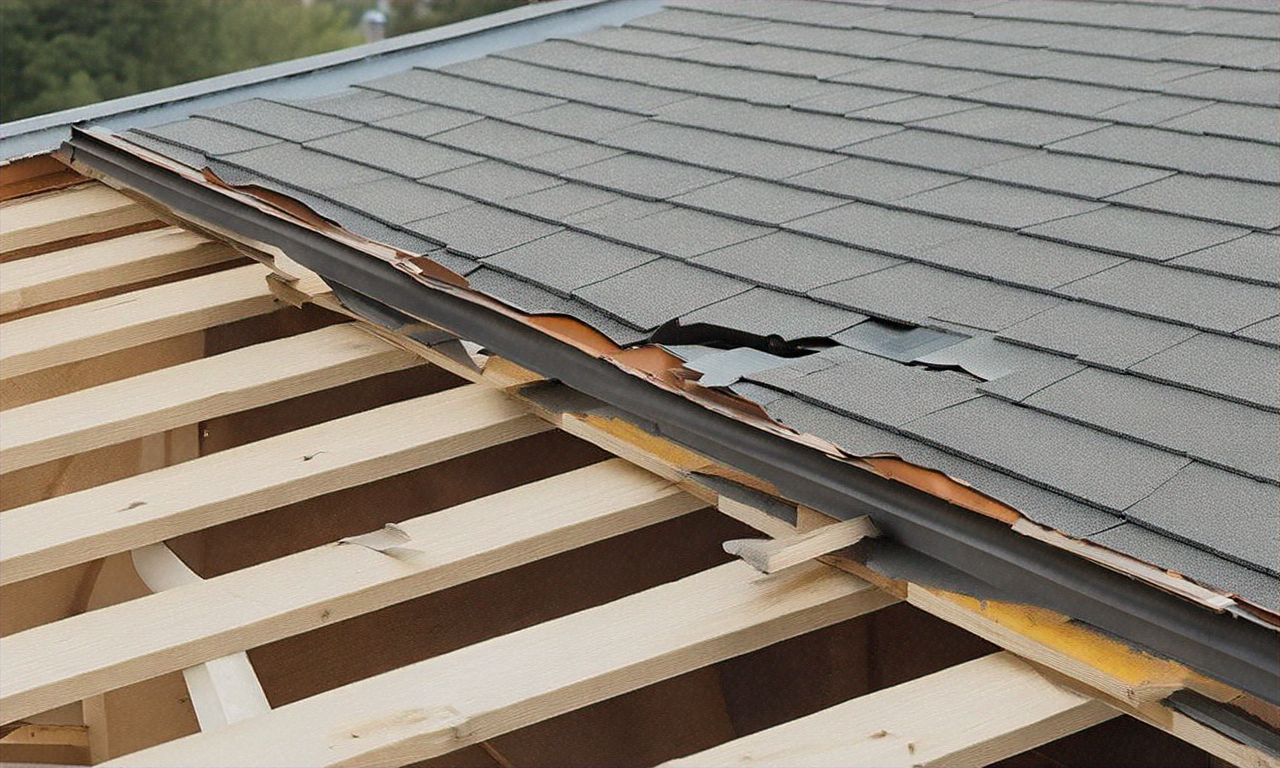Complete Guide to Professional Roofing Services
Explore professional roofing services that protect and extend the life of your home. From emergency repairs and insurance claims to full roof replacements and planned maintenance, learn how certified roofing contractors handle inspections, materials selection, ventilation, warranties, and safety to keep your roof—and property—secure.

Common roofing problems and how professionals fix them
Leaks, lost shingles and damage from severe weather are some of the most common problems homeowners encounter. Experienced roofing contractors begin with a comprehensive inspection to pinpoint the underlying cause, not just the visible symptoms. Solutions may include replacing broken or missing shingles, repairing or reinstalling flashing around chimneys, skylights and vents, or addressing framing and decking issues that threaten the roof’s structural integrity. In many cases, moisture intrusion or clogged drainage is to blame; roofers will correct these problems to prevent recurring damage.
Beyond immediate repairs, professionals often perform diagnostic checks—such as infrared scans or moisture meters—when the damage isn’t obvious. This helps reveal hidden rot or insulation problems that can undermine performance and indoor comfort.
Selecting the right roofing material for your property
Roofing materials vary in cost, appearance, durability and suitability for different climates. Asphalt shingles remain the most widely used option thanks to their affordability and flexibility across architectural styles. Metal roofing is gaining popularity for its longevity, resistance to severe weather and energy-saving reflective properties. Natural materials like slate and clay tile deliver excellent lifespan and distinctive aesthetics but typically require a stronger supporting structure and a larger upfront investment.
When choosing materials, consider local weather patterns, the home’s pitch and structural capacity, neighborhood covenants, and local building code requirements. A reputable contractor can provide samples, performance data and lifecycle cost comparisons to help you weigh upfront costs against long-term benefits.
Why professional installation matters
Correct installation is essential for your roof to perform as designed and to maintain manufacturer warranties. Certified roofers know the right underlayment, nailing patterns, ventilation strategies and flashing techniques required for specific materials. They are also familiar with local building codes and permitting processes, which reduces the risk of future compliance issues.
Contractor credentials matter: licensed professionals typically carry liability insurance and workers’ compensation, protecting homeowners from being held responsible for on-site injuries or accidental property damage. Attempting major roofing work yourself or hiring unlicensed workers can lead to leaks, poor ventilation, reduced energy efficiency and voided warranties—often resulting in higher costs down the road.
Maintenance, inspections and preventive care
A planned maintenance program extends a roof’s service life and minimizes unexpected repair bills. Most roofers recommend at least two inspections per year—typically in spring and fall—to check for loose or damaged shingles, proper flashing condition, and clear gutters. Inspections should also verify that vents and soffits are unobstructed so attic ventilation remains balanced, helping to prevent moisture buildup and heat-related wear.
Routine maintenance tasks include removing debris, trimming overhanging branches, cleaning gutters and downspouts, and replacing failed sealants around penetrations. Some contractors offer annual or multi-year maintenance contracts that include scheduled inspections and priority service, which can be a cost-effective way to protect an investment in a newer roof.
| Service Type | Average Cost Range | Typical Frequency |
|---|---|---|
| Roof Inspection | $150 - $400 | Bi-annually |
| Basic Repairs | $400 - $1,200 | As needed |
| Complete Replacement | $5,500 - $25,000 | Every 20-30 years |
| Maintenance Program | $200 - $800 annually | Yearly contract |
Prices, rates, or cost estimates mentioned in this article are based on the latest available information but may change over time. Independent research is advised before making financial decisions.
Working with insurance companies and warranties
When storm damage or age-related failures occur, navigating insurance claims can be stressful. Established roofing firms can document damage thoroughly—using photos, written reports and itemized repair estimates—to support claims and expedite reimbursement. They also understand the documentation manufacturers need to keep product warranties valid after repairs or replacements.
Most reputable contractors provide workmanship warranties in addition to manufacturer guarantees, giving homeowners added protection against installation defects. Always ask for written warranty terms, including coverage length and any maintenance obligations required to keep the warranty in force.
Final considerations: protecting value and energy efficiency
The condition of your roof affects more than curb appeal; it influences property value, indoor comfort and energy bills. Proper material selection, correct installation and timely maintenance help maximize lifespan and performance. When choosing a contractor, prioritize clear communication, proof of licensing and insurance, references, and a detailed written estimate that outlines scope, materials, timeline and payment terms.
By understanding the range of professional roofing services available—from emergency patching and insurance support to preventive maintenance and full replacements—you can make informed decisions that protect your home and investment. Working with qualified professionals reduces risk, preserves warranties and ensures your roof continues to safeguard your property for years to come.






